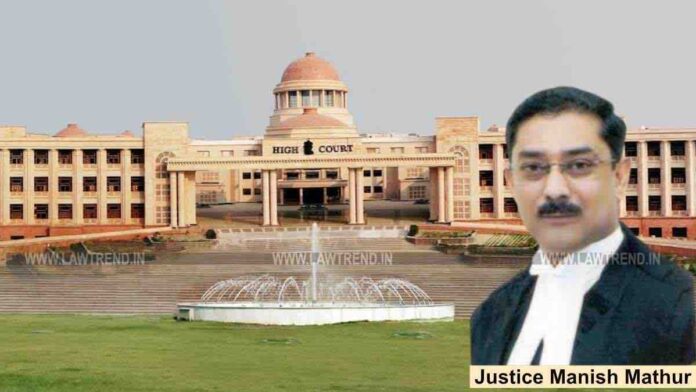The Allahabad High Court, Lucknow Bench, has dismissed a writ petition filed by a woman seeking compassionate appointment, holding that a marriage with a man whose first marriage was not legally dissolved is void. The court ruled that a divorce between a Hindu couple can only be effected under Section 13 of the Hindu Marriage
To Read More Please Subscribe to VIP Membership for Unlimited Access to All the Articles, Download Available Copies of Judgments/Order, Acess to Central/State Bare Acts, Advertisement Free Content, Access to More than 4000 Legal Drafts( Readymade Editable Formats of Suits, Petitions, Writs, Legal Notices, Divorce Petitions, 138 Notices, Bail Applications etc.) in Hindi and English.




